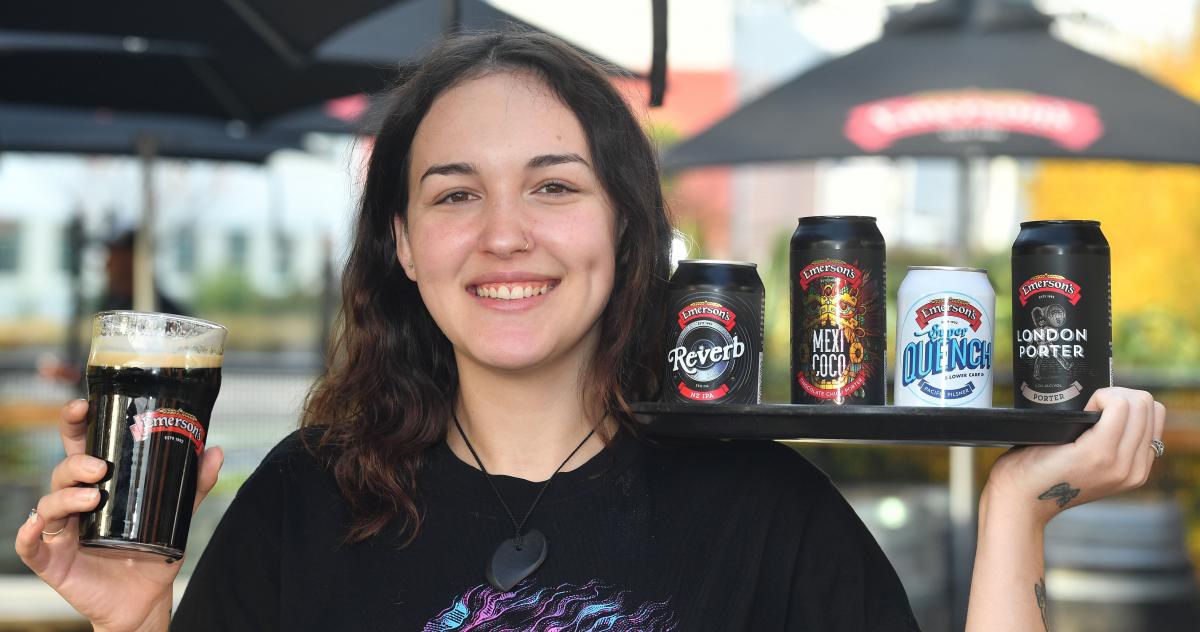It’s all about creating the habits and by the end of this you’ll be away with some actionable steps to put into place. It starts with tracking your money; don’t panic we’re not on a diet, and I’m not expecting you to do this every day for the rest of your life — but it is a crucial step.
You can’t make progress on your spending habits if you don’t know where your money is going and I guarantee you it’s not going where you think it is. I’m in a job where people’s expenses are a key part of their borrowing power so this is something I’m reviewing and myself included, we all underestimate our costs.
“Oh yeah I spend about $1000 a month on food, groceries, eating out, takeaways, yeah about a couple hundred a week.”
“Ah actually you spend $2,500 a month.” Not joking, it is often this polarising. So here’s the why and the how for you:
Tracking your spending is essential for gaining insight into your financial habits. What it does is it allows you to identify patterns, pinpoint areas where you may be overspending or underspending and give you the ability to make an accurate budget or spending plan, not a “plucked out of thin air” one that then doesn’t work.
We touched in the last couple of columns and will certainly unwrap in more detail the idea of “value spend” — by tracking your spending you then have an opportunity to align your spending with your values.
There are several great apps available that make tracking your spending really easy — and let’s face it, if it’s not easy you won’t do it.
But before you go looking for one — check out what your bank offers. Mine for example has a “track my spend” option on internet banking — it is brilliant.
It syncs with my bank accounts and then each day I “match up” my transactions with a category — at the end of the month I know exactly what I’ve spent on fuel along with other cool things it will do for me.
If you have no luck with your bank then try the app Pocket Smith, Wally and Goodbudget. These apps sync with your bank accounts, categorise your transactions, and provide insight to help you track your money effectively.
The goal — track for three months, sorry not sorry! To get an accurate view of your spending habits, I strongly recommend you do it for three months — this gives you enough info to not only be more accurate but it also allows you capture any irregular expenses like birthdays, holidays, one-off school costs or that horrific car bill you didn’t plan for.
From here you can then pick it up again on and off throughout the year — I find it really helpful to “get back on track” if I’ve hit a wobbly bit in the year and can feel that my spending is slipping back into bad habits — use the tracker again, get a grasp and then carry on.
This in my mind is the very first practical step towards financial empowerment — tracking your spending.
Remember, understanding where your money goes is key to making informed financial decisions and building a solid budget.
Whether you opt for a trusty pen and paper or one of the handy budgeting apps I’ve recommended, committing to tracking your expenses for at least three months will provide invaluable insights into your financial habits.
– Becky Runga, who is a financial adviser (mortgages) at Mortgageme in Dunedin, has launched a podcast entitled Broke to Brilliant, with the support of Mortgageme and OAR FM.














